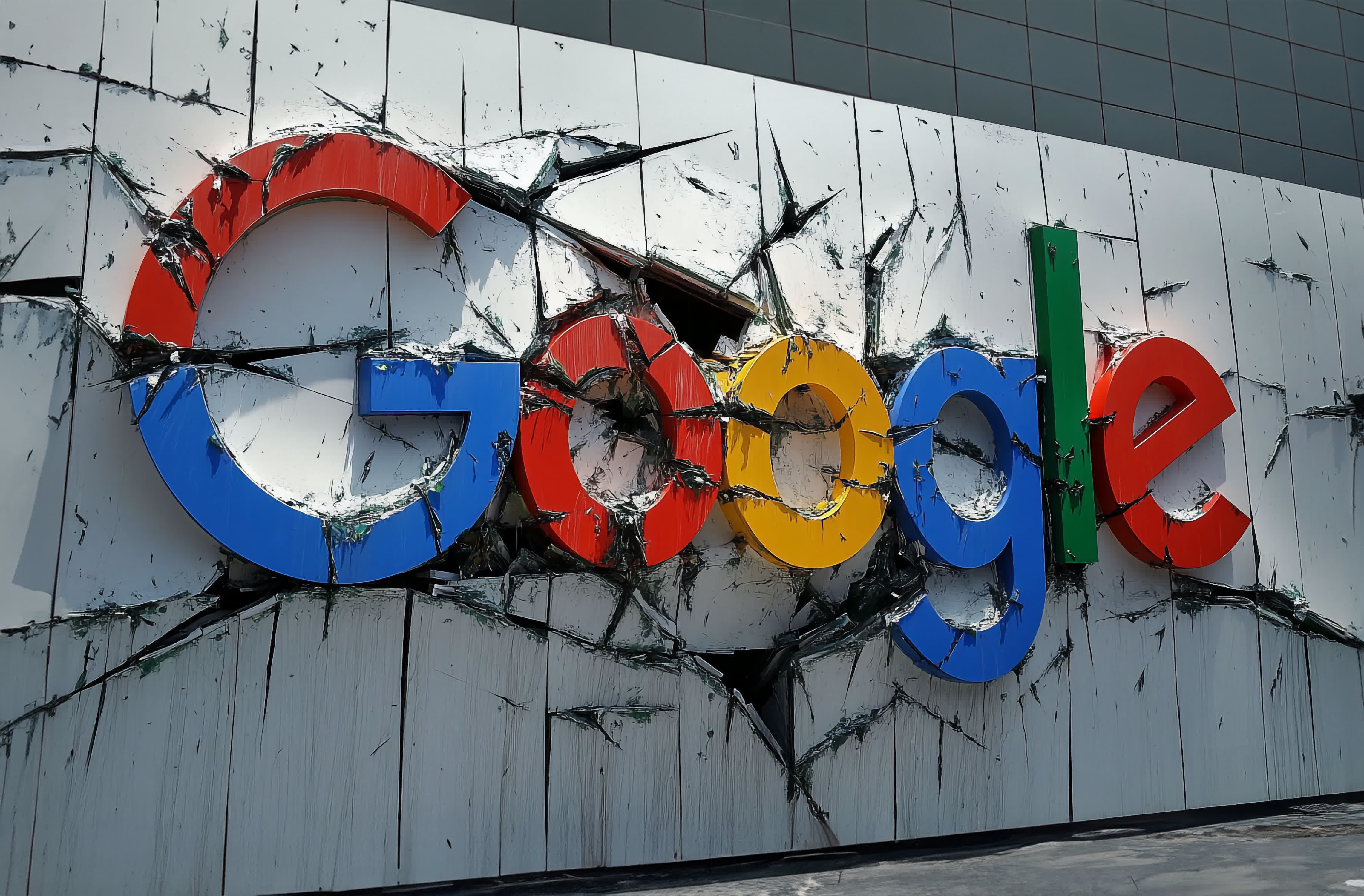The big picture: After Judge Amit Mehra ruled that Google is an illegal monopoly, the Department of Justice is now now crafting plans to curb its dominance and promote competition. They're not holding back on the possible remedies either, with the nuclear option of a corporate breakup on the table.
According to a new 32-page filing, the DOJ is considering both "behavioral and structural remedies" to correct Google's anti-competitive practices. And when they say structural, they really mean it – DOJ lawyers are floating the idea of forcing Google to offload major products like Chrome, Android, or the Google Play Store.
The central issue is Google's tight grip on search distribution. The DOJ argues that rivals cannot realistically compete for premium search access points because Google's monopoly money lets it pay massive revenue-sharing fees to partners like Apple and Samsung to be the default search option. They contend that no startup can compete with these "monopoly-funded revenue share payments."
Search distribution is just one piece of the puzzle, though. The DOJ is also considering potential remedies that would prevent Google from unfairly advantaging its own search and AI products over competitors in emerging areas like AI-powered search.
"Fully remedying these harms requires not only ending Google's control of distribution today, but also ensuring Google cannot control the distribution of tomorrow," the Justice Department said.
Some of the more creative proposals include requiring Google to fund public awareness campaigns educating users on alternative search engines. The DOJ is also considering forcing Google to share the data indexes, models, and proprietary technology that power its search and AI capabilities.

Unsurprisingly, Google is strongly pushing back. In a blog post, the company criticized the DOJ's proposals as going too far – claiming they go far beyond the case's scope of search distribution contracts – and claimed that divesting products like Chrome and Android would "break them" while depriving billions of access to those free services.
"This case is about a set of search distribution contracts. Rather than focus on that, the government seems to be pursuing a sweeping agenda that will impact numerous industries and products, with significant unintended consequences for consumers, businesses, and American competitiveness," Google noted.
Nevertheless, some of Google's long-time critics support the proposed remedies. Review platform Yelp, which has its own antitrust beef with Google, is advocating for the spinoff of the Chrome browser and pushing for restrictions on Google's promotion of its own business listings in local search results.
While a full-blown corporate breakup is still seemingly a nuclear option, how far the crackdown will ultimately go remains to be seen.
